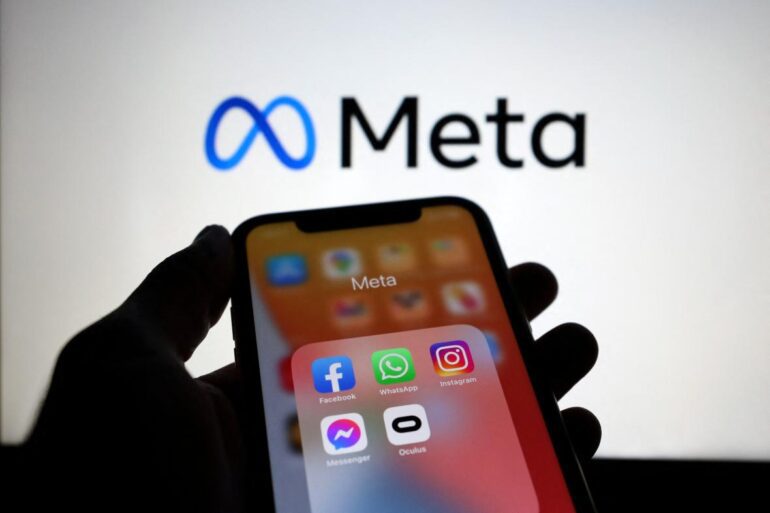TL;DR:
- Meta announces a policy requiring disclosure of AI use in political ads on Facebook and Instagram.
- The policy aims to increase transparency regarding digitally altered content created through AI.
- It will be enforced globally and take effect next year, ahead of the 2024 presidential elections.
- Meta’s move comes in response to the increasing influence of AI in political advertising and disinformation.
- The company promises to reject non-compliant ads and impose penalties on repeat offenders.
Main AI News:
In a significant move poised to reshape the landscape of political advertising, Meta has announced a new policy mandating the disclosure of the use of artificial intelligence (AI) in political campaigns’ advertisements. This policy, set to take effect next year and applicable worldwide, aims to enhance transparency surrounding digitally altered content created through AI, particularly in the context of social issues, elections, and political messaging on Facebook and Instagram.
Meta’s declaration underscores its commitment to addressing the growing influence of AI in shaping the narrative of political discourse. The company is taking proactive steps to ensure that users can discern between authentic content and AI-generated material. As we approach the 2024 presidential elections, this policy is poised to play a pivotal role in curbing the misuse of AI in political advertising.
This development follows the one-year anniversary of the public release of ChatGPT, an AI language model that garnered attention for its ability to generate a wide range of written content based on user prompts. Concurrently, AI-powered image editing tools have gained widespread popularity on social media platforms, further emphasizing the need for increased transparency in digital content.
The 2024 presidential election looms as a crucial test for platforms, as they grapple with the challenge of policing AI-driven political advertising. With the prevalence of fake social media accounts and the dissemination of disinformation, Meta’s new policy seeks to address these concerns head-on. Additionally, this initiative aligns with the recent executive order by the Biden administration, aimed at regulating AI applications.
Meta’s announcement specifies various AI applications that advertisers must disclose, including instances where ads portray individuals saying or doing things they did not, depict non-existent individuals convincingly, fabricate realistic-looking events that never occurred, or manipulate real event footage. Furthermore, ads that portray realistic events but are not genuine recordings are also subject to disclosure.
Notably, Meta has defined certain alterations as “inconsequential,” exempting them from disclosure requirements. These alterations encompass minor adjustments like cropping or color correction, provided they do not impact the central message of the advertisement.
To ensure adherence to this policy, Meta has pledged to take decisive action against advertisers that fail to comply. Advertisements lacking the mandated disclosures will be rejected, and repeated non-compliance may lead to penalties against the advertisers. Meta’s commitment to enforcing these measures underscores its determination to maintain transparency and integrity in the realm of political advertising.
Conclusion:
Meta’s new policy signifies a proactive step in enhancing transparency and accountability in political advertising. By mandating disclosure of AI use, Meta aims to curb the spread of manipulated content in political campaigns. This move aligns with the growing importance of responsible AI usage in the market, emphasizing the need for transparency and ethical considerations in digital advertising and content creation.

